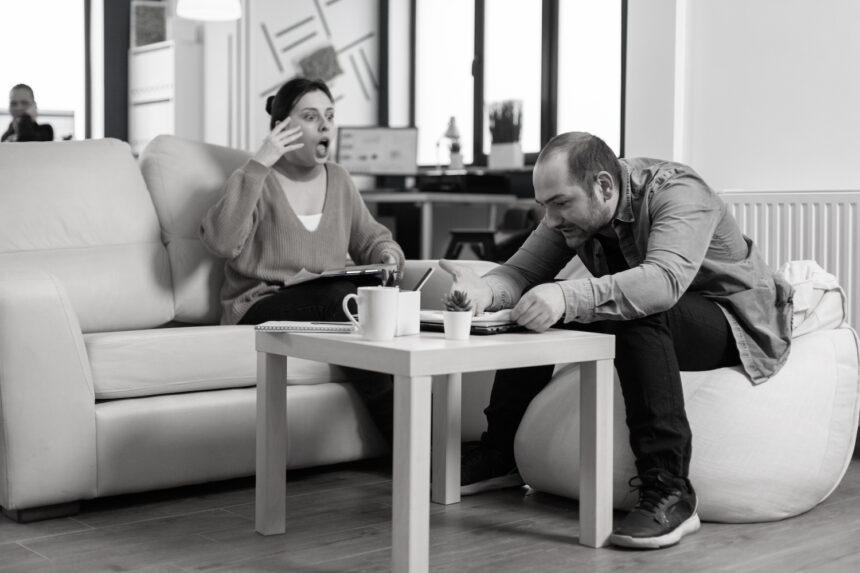Domestic violence shelter for males? At the first sight, it might sound weird. However, it is important to recognize that intimate partner violence (IPV) is a serious problem that can affect anyone, regardless of gender. Both men and women can be victims of physical, emotional, and various abuse in relationships. It is important for individuals who have experienced intimate partner violence to seek help and support from friends, family, and professional resources such as hotlines, shelters, and therapists. No one should have to endure violence or abuse in a relationship.
A recent research, written by Dr. Sarah Desmarais and Dr. Martin Fiebert sheds light into issues of physical violence in IPV. According to the paper, physical violence in intimate relationships affects men, women, and families worldwide. Although size of research on experiences of male victims of intimate partner violence (IPV) has grown, information is still limited on comparisons between the prevalence of male and female victimization.
Domestic violence shelter should not be only for Women
The researchers examined papers published in the last 10 years to summarize the current state of knowledge regarding the issue in heterosexual relationships. The research focused on IPV victimization in industrialized, English-speaking nations and in three databases including PubMed, PsycINFO, and Web of Science. A total of 750 articles published between 2000 and 2010 are identified.
Here comes the shocking number as a result of the research. The researchers found that, across studies, approximately 1 in 4 women (23.1%) experienced physical violence in an intimate relationship. This is not a surprise at all. What is really surprising to scholars and professionals is that, 1 in 5 men (19.3%) also had the same experience – physical violence in an intimate relationship. This finding did not match the general knowledge that women experience “more” domestic violence than men. In fact, the numbers are so close that the number of women under IPV might be almost equal to the number of men under the same IPV within observational and experimental errors.
How to shelter yourself during/after domestic violence
Here are a few suggestions for men who want to avoid intimate partner violence (and also avoid being falsely accused of domestic violence)
First, communicate openly and honestly with your partner: It’s important to talk openly with your partner about your relationship and any concerns you have. Communication can help prevent misunderstandings and conflicts that may lead to violence. Next, it’s important to establish and respect boundaries in any relationship. This includes physical boundaries as well as emotional and psychological boundaries.
Now, men should know that there are something to learn. It’s normal for couples to argue or disagree at times, but it’s important to learn how to resolve conflicts in a healthy way. This may include taking a break to cool down, using “I” statements to express your feelings, and actively listening to your partner.
Partnerships cannot be undone. It’s important to choose a partner who respects and values you and your boundaries. If you find yourself in an unhealthy or abusive relationship, it is important to seek help and support to exit the relationship safely.
Lastly, if you feel like you are struggling to control your anger or are at risk of becoming violent, it is important to seek help from friends, family, or a professional therapist.


